Development of preparative chromatography, an essential process step in most biological pharmaceuticals, is one industry element that is ready for digitization. Process understanding is at point where in silico mechanistic models of many types of chromatographic separations can be made. The application of these mechanistic models to biopharmaceutical development has been limited to only few institutions with highly skilled expertise. The challenges in generating a mechanistic model with enough predictive power to be used for medicinal products or in a GMP setting can prohibitive.
The significance of this project is to directly address some of the challenges preventing a wider adoption of mechanistic chromatography modeling in industry.
Models for non-linear multicomponent systems and multimodal models for product- and process- related impurities.
Reduction in downstream process development time through a mechanistic modeling platform that can accurately account for product heterogeneity, multicomponent effects and multiple modes of interaction.
Altern, S. H., Lyall, J. Y., Welsh, J. P., Burgess, S., Kumar, V., Williams, C., Lenhoff, A. M., & Cramer, S. M. (2024). High-throughput in silico workflow for optimization and characterization of multimodal chromatographic processes. Biotechnology Progress. https://doi.org/10.1002/btpr.3483
Altern, S. H., Welsh, J. P., Lyall, J. Y., Kocot, A. J., Burgess, S., Kumar, V., Williams, C., Lenhoff, A. M., & Cramer, S. M. (2023). Isotherm model discrimination for multimodal chromatography using mechanistic models derived from high-throughput batch isotherm data. Journal of Chromatography A, 1693. https://doi.org/10.1016/j.chroma.2023.463878
Welsh, J., Altern, S., Lyall, J., Burgess, S., Rauscher, M., Lenhogg, A., Cramer, S., Williams. C. (2024) Coupling High-throughput and modeling approaches to streamline early-stage Process for biologics.https://doi.org/10.1002/btpr.3523
Login to the NIIMBL member portal to access more, including:
Not yet a member? Learn more about which level of NIIMBL membership is right for you and your organization.
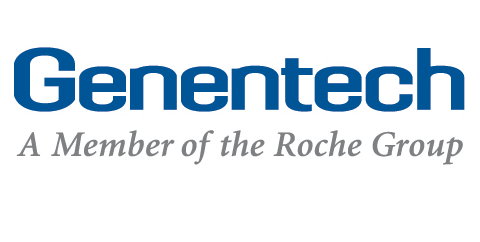
Genentech, Inc.
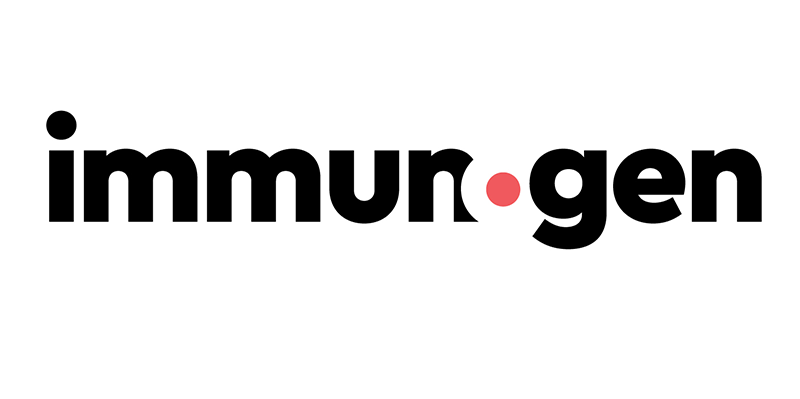
ImmunoGen, Inc.
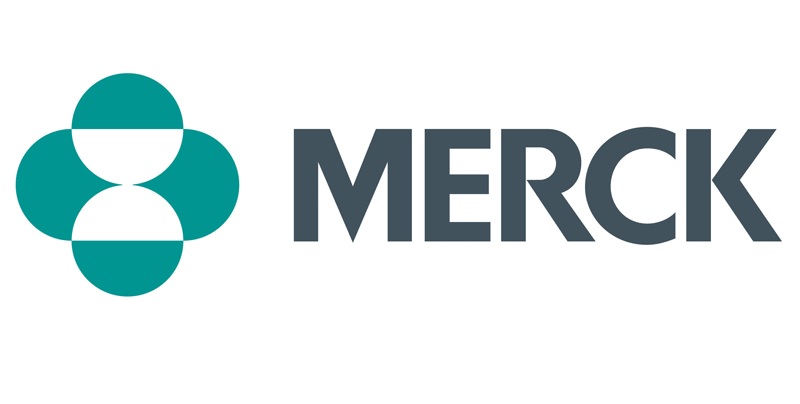
Merck Sharp & Dohme LLC
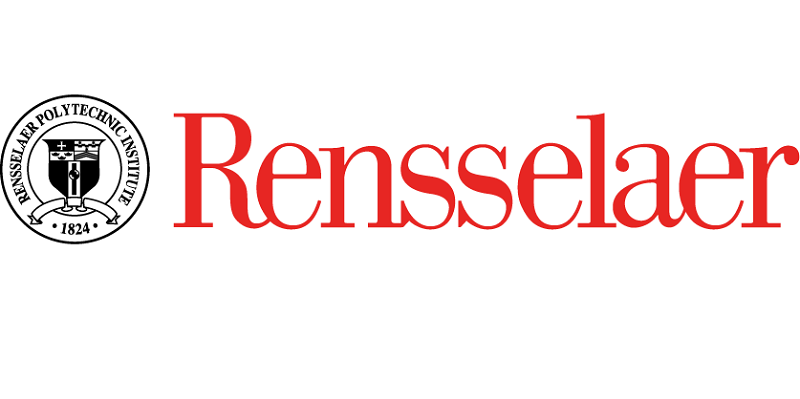
Rensselaer Polytechnic Institute
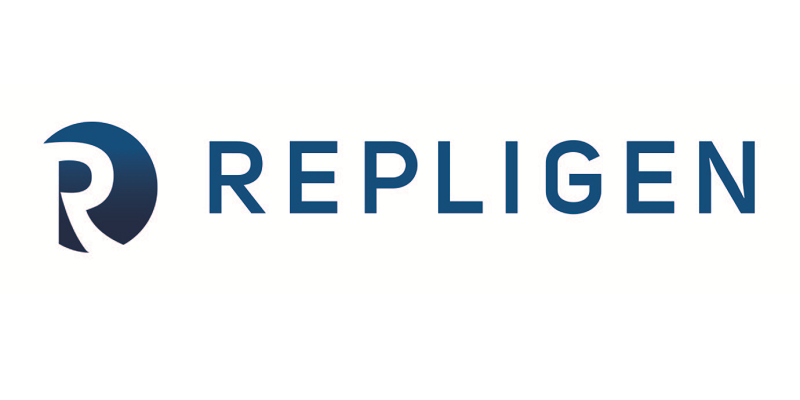
Repligen Corporation
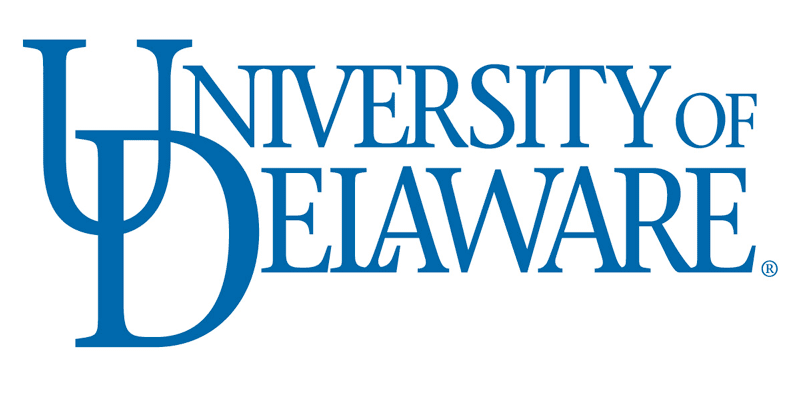
University of Delaware